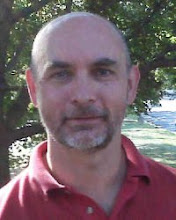"In a higher world it is otherwise, but here below, to live is to change, and to be perfect is to have changed often." [emphasis added]
-- Venerable John Henry Cardinal Newman, An Essay on the Development of Christian Doctrine (1843)
I've read this quotation from Newman before, but stumbled across it recently while reading some of the writings of another learned John, John T. Noonan, Jr.(A Church That Can and Cannot Change: The Development of Catholic Moral Teaching). Newman's declaration seems particularly relevant today in discussions of same-sex marriage and whether or not society should enact laws that recognize and support such unions. One of the oft-heard arguments from those who oppose such recongition is rooted in the antithesis to Newman's statement: the assertion that marriage has never changed, that such laws would 'redefine marriage,' and that marriage has always and everywhere been between one man and one woman. Despite the clear historical inaccuracy of the "one-man, one woman, always and everywhere" argument, the first claim is accurate: yes, same-sex marriage laws would re-define marriage, but that's what societies across time, culture and geography have always done. Doing so now would only advance the cause of justice by providing societal support to loving unions between those whom God created gay or lesbian.
"Let us make man in our image, after our likeness...in the divine image he created him; male and female he created them" (Gen.1:27)
Friday, December 11, 2009
Subscribe to:
Post Comments (Atom)




No comments:
Post a Comment